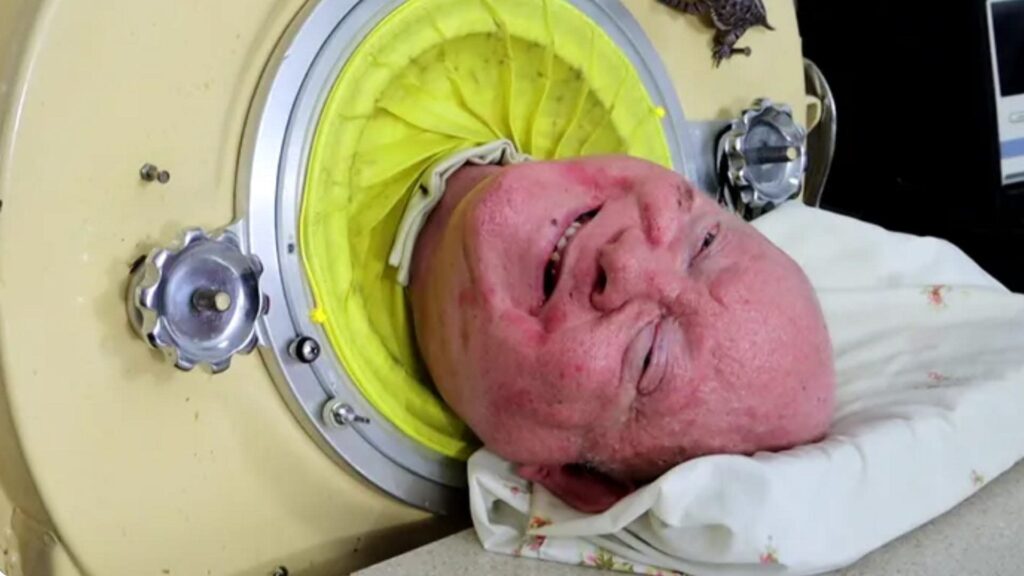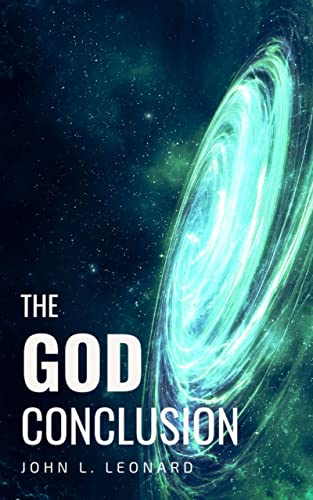I’m not a preacher. I like to write books.
I’ve never claimed to be an evangelist and I have no formal training in theology. When people ask me questions and I don’t know the answers, I’ll just say, “I don’t know!” because it’s the truth.
Of all the questions you could ask me, my least favorite is “Why does God allow people to suffer pain? What is the purpose of evil?”
My go-to answer for that has always felt like sort of a cop out in my opinion, even though I believe it’s true: free will.
God has given us this tremendous gift of free will and permitted us the choice between good and evil. I’ve often said that without pain, we cannot understand pleasure.
Without sorrow, we do not appreciate joy. If we’ve never experienced hate, we have no true concept of love. All this is true. But is that a sufficient answer to the question?
Why does evil exist? Why are humans often cruel? Why doesn’t God just turn the Earth into Heaven and make everything good?
Earlier this morning I watched two short videos I shared on my Facebook page called The God Conclusion, and a “Eureka!” moment occurred to me, although I have managed to refrain from running naked down the street shouting about it at the top of my lungs.
The two videos had the same basic message: when we ask God for strength, should God just magically make us stronger, or should He give us difficulties that will ultimately make us stronger?
When we ask for wisdom, should God simply make us wiser or give us problems to solve that ultimately make us smarter? If we ask God for courage, should He give us an easy, comfortable life or dangers to overcome? Then I remembered how my wife often calls this existence “Earth University” and realized just how much she is right–the reason God has given us this existence is to give us the opportunity to learn from experience.
Next weekend I plan to attend the funeral of a young man roughly my son’s age, who died of cancer. I have been troubled by existential questions–why Jeremy? Why not my son, or me? Why did he have to suffer and die at such a young age, leaving behind a wife and two young children?
Jeremy’s father said something that has stayed with me: “I saw him take his first breath and I watched him take his last.” Heartbreaking.
The pain of this man’s suffering is almost incomprehensible to me. I will shake his hand at the funeral and tell him how sorry I am for his loss, but those words already seem empty to me.
This is what I’d really like to say but lack the courage–I think Jeremy died for a specific reason. I think he sacrificed himself so that we might learn something from his death. I believe he’s in a better place not because of wishful thinking, but due to my research into the near-death experience.
Paul Alexander, the famous “man in the iron lung” who survived 70 years stuck inside a machine after suffering from polio as a child, also died last week. Ironically, he died of a COVID-19 infection that he must have contracted from one of his visitors or attendants.

In spite of the fact he spent practically his entire adult life trapped inside a machine for his own survival, Paul Alexander became a lawyer and enjoyed drinking wine. He lived life to the fullest extent of his abilities. His photo inspires me because he’s smiling for the photographer.
I could not imagine living life like Paul Alexander, unable to even scratch his own nose if it itched. Perhaps that is because I don’t want to imagine what that life would be like. I enjoy my life the way it is. I am able to hold a golf club in my hands or pick up my grandkids who haven’t already grown bigger than me. I am blessed, and I am happy.
And yet, I am unhappy that Jeremy died so young. I am unhappy that scientists have made so much progress in research but too many people are still dying far prematurely from cancer.
I wish I had a better, more consoling message to give Jeremy’s father next weekend, except to say that his son was loved and will be sorely missed.
In an unplanned universe, there would be no reason for Paul Alexander to spend his life in an iron lung, or for Jeremy to suffer and die before he turned 40. In an unplanned universe, life would have no purpose, so death could also not possibly be said to occur for any rhyme or reason.
But if the universe is planned, life has meaning, even if we do not understand what the meaning is. There must also be meaning in death.
I do not simply choose to believe the universe is planned; the scientific evidence overwhelmingly suggests that it is. We must exist for a purpose.
And our purpose in this life must be to learn from our experiences.


Very well said